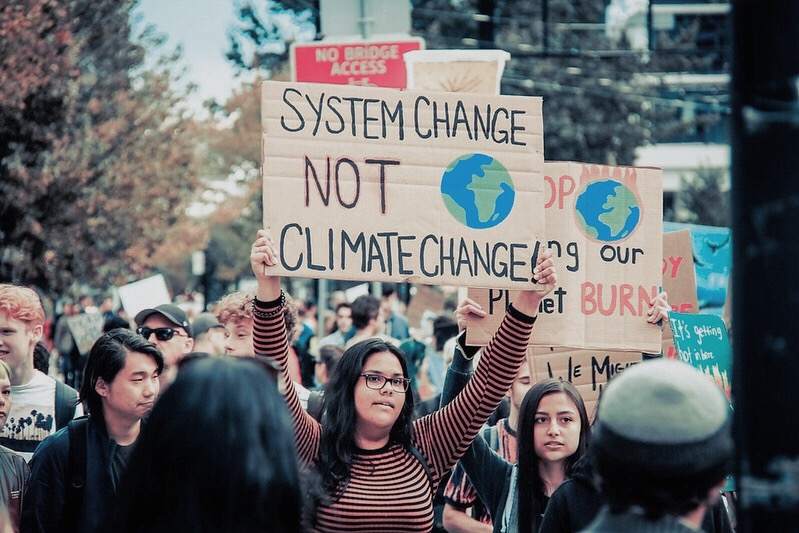
By Shankar Sharma*
A research paper published in Nature Energy website Reframing incentives for climate policy action has argued that about half of the world’s fossil fuel assets could become worthless by 2036 in the ongoing scenario of net zero transition.
When we objectively consider various problems associated with fossil fuel usage, it is not difficult to imagine the credibility of such a scenario. But what is critically more important for a poor and resource constrained country like India is to objectively consider the colossal losses to its people, not only from the stranded capital costs, but also the costs associated with various other resources such as land, water, coal, the infrastructural facilities linked to civil/construction engineering, electricity, water reticulation etc. loss of forest and vegetation cover etc.
In India’s case more than half of coal power assets can be expected to face the likelihood of becoming worthless for various reasons. Even if our political leaders and bureaucrats do not care for people’s health issues or climate emergencies or loss of biodiversity, can we hope that credible warnings such as the ones below on massive economic losses, will stir our leaders from their stupor of blindly supporting fossil fuel based economic paradigm?
Rational observers of energy and environment sectors in India have been cautioning about the potential for such stranded assets for years, but our leaders continue to commit our limited resources into these ill-conceived projects. (Click here and here).
Whereas, a tiny section of the gloated community of economists, who were rational in considering the true welfare perspective of humanity, have been cautioning the global society about the unsustainability of the concept of “perpetual growth” which is at the root of capitalism for years, it is heartening to observe that more sections of the global community are now expressing their concerns about the concept of perpetual growth of the global economy. How to convert this growing anger against high GDP growth rate economic paradigm to one set of sustainable development policies should be the question before us.
A leaked draft of the third part of the upcoming IPCC report establishes that we must move away from the current capitalist model to avoid exceeding planetary limits. It also confirms that, as stated in the article published by CTXT on August 7, “Greenhouse gas (GHG) emissions must peak in at most four years”. The document also acknowledges that there is little chance of further economic growth.
It is also a matter of surprise that even a global science body like IPCC would take so many years to come to such a conclusion.
The Club of Rome in its report of 1970,”The Limits to Growth” had suggested that the economic growth could not continue indefinitely because of resource depletion. A set of stern warnings in “The Economics of Climate Change” by Sir Nicholas Stern in 2007, had come to a similar conclusion. This report had estimated that certain scenario of Global Warming may result in poor countries like India suffering economic costs of about 20% of its GDP, whereas the mitigation of the same now can be achieved at a cost of about 1% of present GDP.
In summary, it can be stated with confidence that the capitalism, high GDP growth rate paradigm, and run away climate change are all closely interlinked, and hence the careful harnessing of our natural resources should be of critical importance for a sustainable future.
In recent years, many from the civil society, who cannot be called economists but who are highly rational observers of the ever increasing ecological degradation across the globe, have been very critical of such an economic paradigm of high GDP growth rate evidently linking it to the escalating phenomenon of Climate Change.
A joint study by the World Bank and University of Washington released in 2016 has estimated that in 2013 the environmental degradation costs to India, including welfare costs and lost labour income due to air pollution, was of about 8.5% of its economy.
The draft ‘National Resource Efficiency Policy’ (NREP), 2019 by MoEF&CC has said: the projected pace of economic development is going to put pressure on the already stressed and limited resources and may lead to serious resource depletion and environment degradation affecting the economy, livelihoods and the quality of life.
It may be a matter of conjecture whether our own political leaders and the bureaucrats are aware of such warnings, and whether they would even care about them; even if they come from IPCC as late as 2021. Anyways, it is to be noted that they have not cared about any of IPCC warnings during the last few decades, whereas the runway climate change is becoming increasingly evident.
—
*Power & Climate Policy Analyst, Vijayanagar, Sagara, Karnataka

Comments